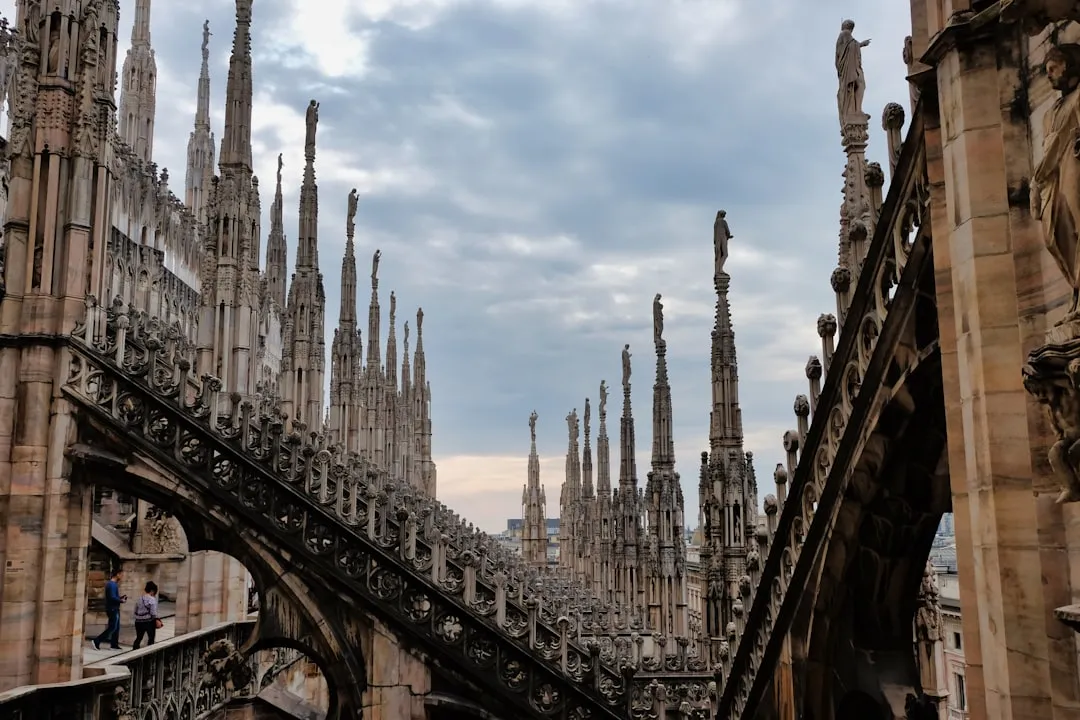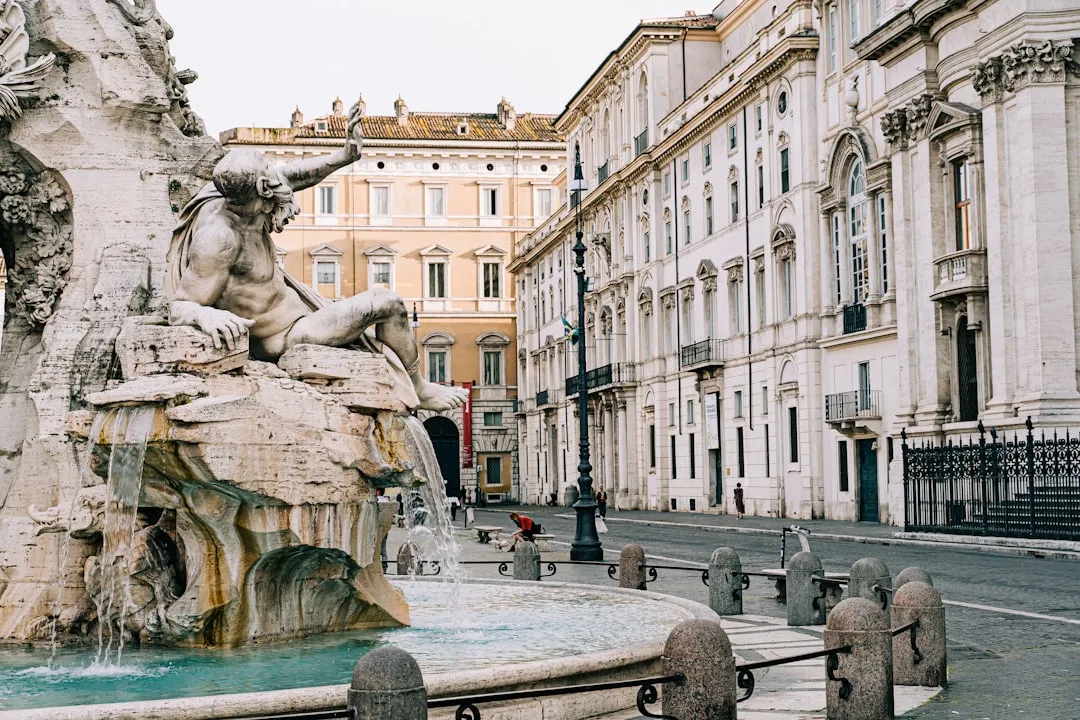If you’re planning to relocate to Italy, understanding how to access healthcare is essential. This guide will walk you through registering for both public and private healthcare, helping you choose the right option for your needs.
Italy's healthcare system offers both public and private options. While the public system (Servizio Sanitario Nazionale, SSN) provides essential healthcare services at low costs, some residents prefer private healthcare for faster access to specialists and enhanced comfort.
1. Overview of Italy's Healthcare System
Italy operates a universal healthcare system primarily funded by taxes. The public healthcare system, known as the Servizio Sanitario Nazionale (SSN), offers free or low-cost services to residents. While public healthcare is generally high-quality, waiting times and access to specialized care may vary. As a result, many expats choose to use private healthcare services for faster appointments and better comfort.
Italy’s healthcare options include:
- Public Healthcare (SSN): Available to all residents who register with the SSN.
- Private Healthcare: Often chosen to supplement public healthcare for quicker access, better facilities, and specialized care.
2. Who is Eligible for Public Healthcare in Italy?
To qualify for public healthcare in Italy, you generally need to meet one of the following criteria:
- Be employed or self-employed in Italy and contribute to the social security system (INPS).
- Be a resident pensioner or receiving state benefits.
- Be a registered resident of Italy with the appropriate documentation.
3. Registering for Public Healthcare
To access public healthcare, you must register with the SSN. Follow these steps:
Step 1: Obtain Your Codice Fiscale (Tax Code)
The Codice Fiscale is a unique identification number that is required for many official processes in Italy, including healthcare registration. You can obtain it at the Agenzia delle Entrate (Revenue Agency).
You will need:
- A valid passport or Residence Permit
- Proof of residency in Italy (e.g., rental contract or utility bill)
Step 2: Register with Your Local Health Authority (ASL)
Once you have your Codice Fiscale, you need to register with your local Health Authority (Azienda Sanitaria Locale, ASL). This is where you’ll apply for your health card (Tessera Sanitaria).
Documents required:
- Codice Fiscale
- Proof of residency
- Passport or Residence Permit
- Completed health card application form
Step 3: Apply for Your Health Card (Tessera Sanitaria)
After registering with your local ASL, you will receive your health card. This card allows you to access public healthcare services, including general practitioners, specialists, hospital care, and emergency services.
4. Private Healthcare in Italy
In addition to the public healthcare system, many expats choose private healthcare for quicker access to specialists and more personalized care. Private healthcare is also a popular choice for those who prefer more comfort or who are in need of services that may have long waiting lists in the public sector.
Why Choose Private Healthcare?
- Quicker access to specialists and surgeries
- Better facilities and more comfort
- English-speaking doctors in many private clinics
Popular Private Health Insurance Providers in Italy:
- Unisalute (www.unisalute.it)
- Allianz Care (www.allianzcare.com)
- Generali Italia (www.generali.it)
Step 1: Choose a Private Insurance Provider
Compare providers based on coverage, costs, and services. Many insurers offer plans tailored to expats, including English-speaking services and international coverage.
Step 2: Apply for Coverage
Once you’ve selected a plan, you can apply online or at the insurer’s office. Be sure to check that your plan covers:
- Primary care and specialist consultations
- Hospitalization and surgery
- Optional dental and optical care
5. How to Access Public and Private Healthcare
In Italy, many expats use a combination of both public and private healthcare systems. For routine visits and emergencies, you can use the public healthcare system. For faster access to specialists or more comfort, private healthcare may be a preferred choice.
6. Accessing Healthcare as a Foreigner
- EU Citizens: EU citizens can access public healthcare in Italy with the European Health Insurance Card (EHIC) for short stays. For longer stays, they must register with the SSN.
- Non-EU Citizens: Non-EU citizens applying for residency in Italy typically need private health insurance for their visa application. Once settled, they can register with the SSN if eligible.
7. Special Considerations for Pensioners and Retirees
If you are a retiree, you may qualify for public healthcare under agreements between Italy and your home country. EU retirees can access healthcare through the S1 form, a certificate of entitlement to healthcare. For non-EU retirees, you may need to obtain private insurance initially but may later be eligible for the SSN.
8. Additional Resources and Helpful Links
- Servizio Sanitario Nazionale (SSN): www.salute.gov.it
- Agenzia delle Entrate (Codice Fiscale): www.agenziaentrate.gov.it
- Unisalute: www.unisalute.it
- Generali Italia: www.generali.it
By following these steps, you will be well-prepared to navigate Italy’s healthcare system. Whether you choose public or private healthcare, knowing your options will help you make the best decision for your health needs.




